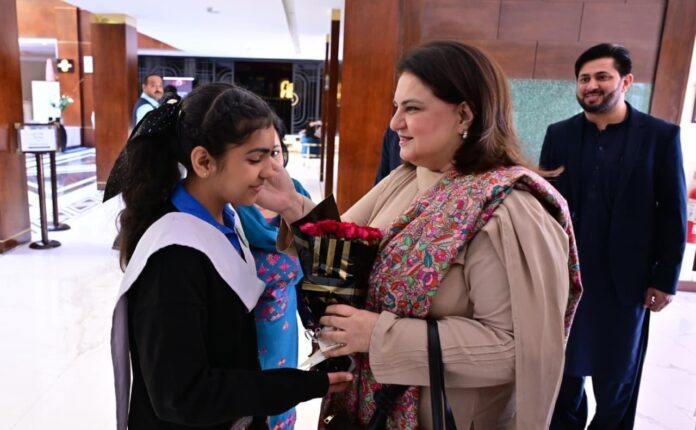The World Health Organization (WHO) has announced the addition of the MVA-BN vaccine to its pre-qualification list, making it the first vaccine against mpox (formerly known as monkeypox) to receive this approval. This prequalification is expected to improve access to the vaccine in communities facing urgent needs, helping to reduce transmission and control the ongoing epidemic.
The WHO approval was based on a review of data submitted by the vaccine manufacturer, Bavarian Nordic A/S, and the European Medicines Agency. WHO Director General Dr. Tedros Adhanom Ghebreyesus highlighted the significance of this development, stressing that the pre-qualification represents an important step in the fight against mpox outbreaks in Africa and around the world.
He stressed the need to rapidly scale up the purchase, donation and distribution of the vaccine to ensure equitable access, along with other public health measures to prevent infections and save lives. The MVA-BN vaccine, approved for adults age 18 and older, is given as a two-dose injection four weeks apart. Once removed from the refrigerator, the vaccine can be stored at 2-8°C for up to eight weeks.
WHO Assistant Director-General for Access to Medicines and Health Products, Dr. Yukiko Nakatani, noted that prequalifying the vaccine would speed up purchases by governments and international organizations such as Gavi and Unicef, benefiting communities affected by mpox outbreaks.
The WHO Strategic Advisory Group of Experts (SAGE) on Immunization has recommended the MVA-BN vaccine for high-risk groups in the context of mpox outbreaks. Although the vaccine is not licensed for persons under 18 years of age, it may be used “off-label” for children, pregnant women, and the immunocompromised in outbreak settings where the benefits outweigh the risks.
WHO also recommends the administration of a single dose of vaccine in cases of limited supply. Data show that a single dose given before exposure offers 76% protection against mpox, with a two-dose regimen increasing efficacy to 82%. Vaccination after exposure is less effective. The MVA-BN vaccine has demonstrated a strong safety profile and efficacy both in clinical trials and in real-world use during the ongoing global epidemic from 2022. As new strains of the virus emerge and epidemiology evolves, WHO emphasizes the importance continue to collect data on vaccine safety and efficacy.







